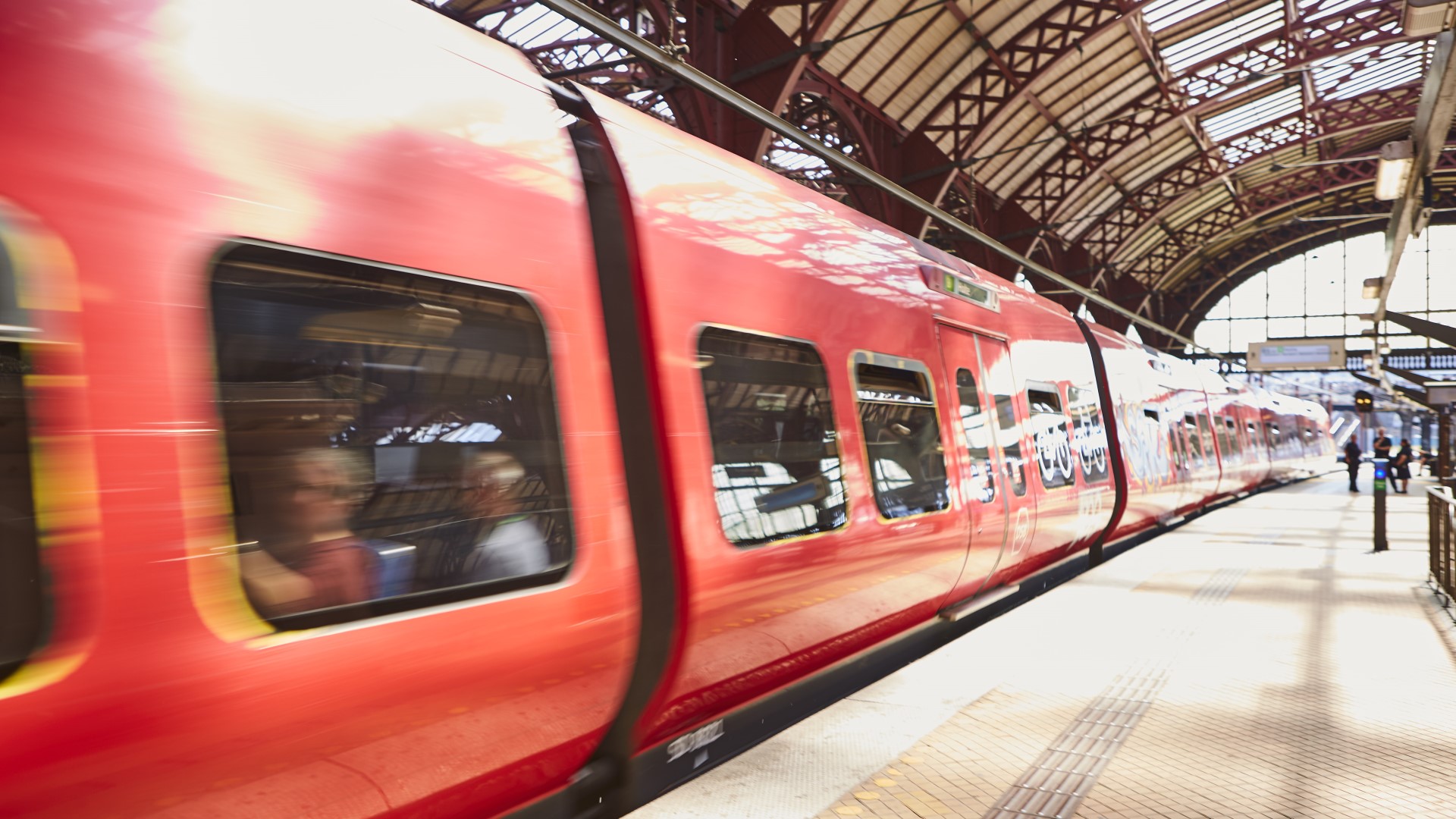Public transport and shared mobility

Public transport aims to offer mobility for all population groups, and can reduce congestion and free up space on roads in dense urban areas. By providing high capacity utilisation, public transport is a more sustainable transport system than cars. In addition, public transport can induce health benefits for citizens because its use often is combined with active modes to and from public transport stations, such as walking and bicycling.
Today, various shared mobility systems are gaining ground, such as shared bicycles and (electric) car sharing schemes. They have demonstrated their potential to both complement and provide alternatives to public transport, thereby providing improved mobility to users, including those without access to a car.
At DTU Management, we conduct research within public transport and shared mobility systems. We analyse travel behaviour, which provides insights on how public transport can be improved to be more attractive for passengers. This includes planning and designing stations in the urban environment, more efficient and coherent public transport networks, and optimal fare structures, which in combination can ensure more attractive conditions for users and improved operational economy to benefit operators and society.
DTU Management collaborates with industry and internationally leading research institutions. We have close collaborations with multiple public transport agencies and authorities.
Please get in touch with us if you have ideas for research projects or need an expert opinion.
Contact
Jesper Bláfoss Ingvardson Associate Professor Department of Technology, Management and Economics Phone: +45 45256552 jbin@dtu.dk